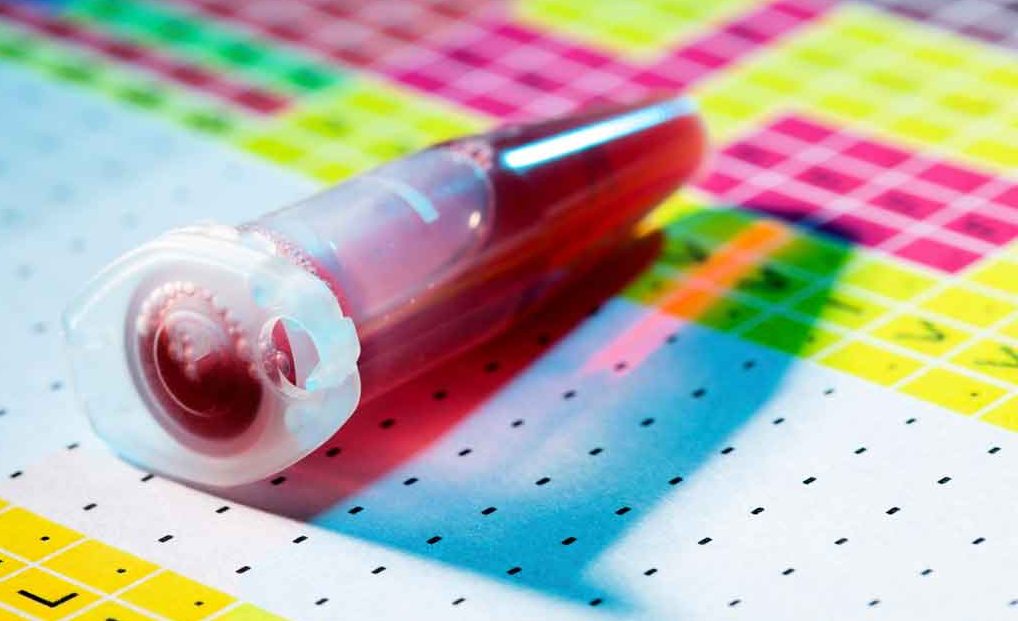Genetic Testing for Antidepressants

Finding the right antidepressant isn’t easy. There’s appeal in the promise of genetic testing for antidepressants that could save you weeks or months of depression.
Getting relief from depression often seems to take forever. Your doctor may be working from a short list of drugs covered by your insurance. It can take as long as two months to gauge the effect of a particular drug.
Your doctor may also decide to increase your dose before trying another option.
You may run into unpleasant side effects, such as shaky hands, headache, nausea, weight gain, or erectile dysfunction. Hoping that the side effects will be fade, your doctor might encourage you to stick it out.
YOU MIGHT ALSO LIKE: Depression Versus Sadness
While enduring side effects, you could go from one drug to the next for months or even years —still remaining depressed. You may be covering a stiff price tag yourself.
But despite your patience, in the end it’s possible no drug will make you feel better. As many as one in three patients with major depression don’t respond to medication within 14 months, despite trying four drugs, research indicates. Up to one in five are still suffering after two years or longer.
Genetic testing for antidepressants
One reason for prolonged suffering is that depression is an umbrella term that covers more than one condition, scientists suspect. As the conditions are better understood, it might become clearer which medication works for each.
Another issue is that genetics play a significant role in how people respond to medication, accounting for an estimated quarter of the variation. The American Psychiatric Association does not recommend genetic testing to choose an antidepressant, saying the science is still too early.
John Logan Black, MD, psychiatrist and co-director of the Personalized Genomics Laboratory at Mayo Clinic in Rochester, Minn., disagrees. He recommends genetic testing in many common situations.
People who are severely depressed or suicidal could benefit, he says, because they need the right drug quickly. A genetic test is also worth considering, he says, if you have a personal or family history of significant side effects from medication of any kind.
You might opt for testing if you have failed to find a satisfactory antidepressant in the past or are taking one that isn’t working or has bothersome side effects. Very young or very old people who can’t handle side effects or communicate well about symptoms are also candidates.
Genetic testing can help doctors decide if you are most likely to respond to SSRI antidepressants that work mainly on serotonin — such as Paxil, Celexa, and Lexapro — or to the drugs that also work on other neurotransmitters, which include Effexor and Cymbalta. A test can also help doctors pick within the serotonin group and help target dosages.
In a large study at Veterans Affairs centers, patients whose doctors used a genetic test tended to get relief sooner than the control group. Yet after two years, there was no difference. A meta-analysis of trials covering nearly 5,000 patients concluded, however, that patients who took medication based on a gene test were 40 percent more likely to see their depression end.
It’s important to realize that tests can be interpreted differently. Healthcare providers agree in their recommendations about antidepressants only about half the time, but there could be more agreement as the science advances.
Why genetic testing for antidepressants might help
Two enzymes in your liver, CYP2D6 and CYP2C19, metabolize nearly all medications for depression. Your genes are the most important factor that determines how much of those enzymes you produce. Too much makes you process the medication quickly; too little can lead to a build-up that causes side effects.
About 40 percent of people in the United States have genes that interfere with ideal production of each of those enzymes, generally ending up with too little, which is why side effects are so common.
The chemical 5HTT and the pathways CYP1A2 or NAT2 affect your response to drugs that work on serotonin. About 40 percent of Americans have gene variations that may make them less likely to respond to SSRIs.
How to test your genes
Local and regional laboratories may not do these tests, but you can send your blood or cheek swab sample to a lab specializing in pharmacogenetics, the technical term for gene testing that predicts a person’s response to a drug. Several companies produce reports that will interpret the results and give your doctor recommendations for antidepressants and dosages.
GeneSight offers a test covered by Medicare, Medicaid, and some private insurers. Your report (See a sample here.) might tell your doctor that you’d need a lower than normal dose of Effexor, a higher than normal dose of Wellbutrin, and that several drugs are likely to trigger side effects.
Patients who get the test are more likely to stick with their medication than those who don’t, research shows.
YOU MIGHT ALSO LIKE: Could Your Medication Make You Eat Too Much?
Updated:
January 23, 2024
Reviewed By:
Christopher Nystuen, MD, MBA and Janet O'Dell, RN